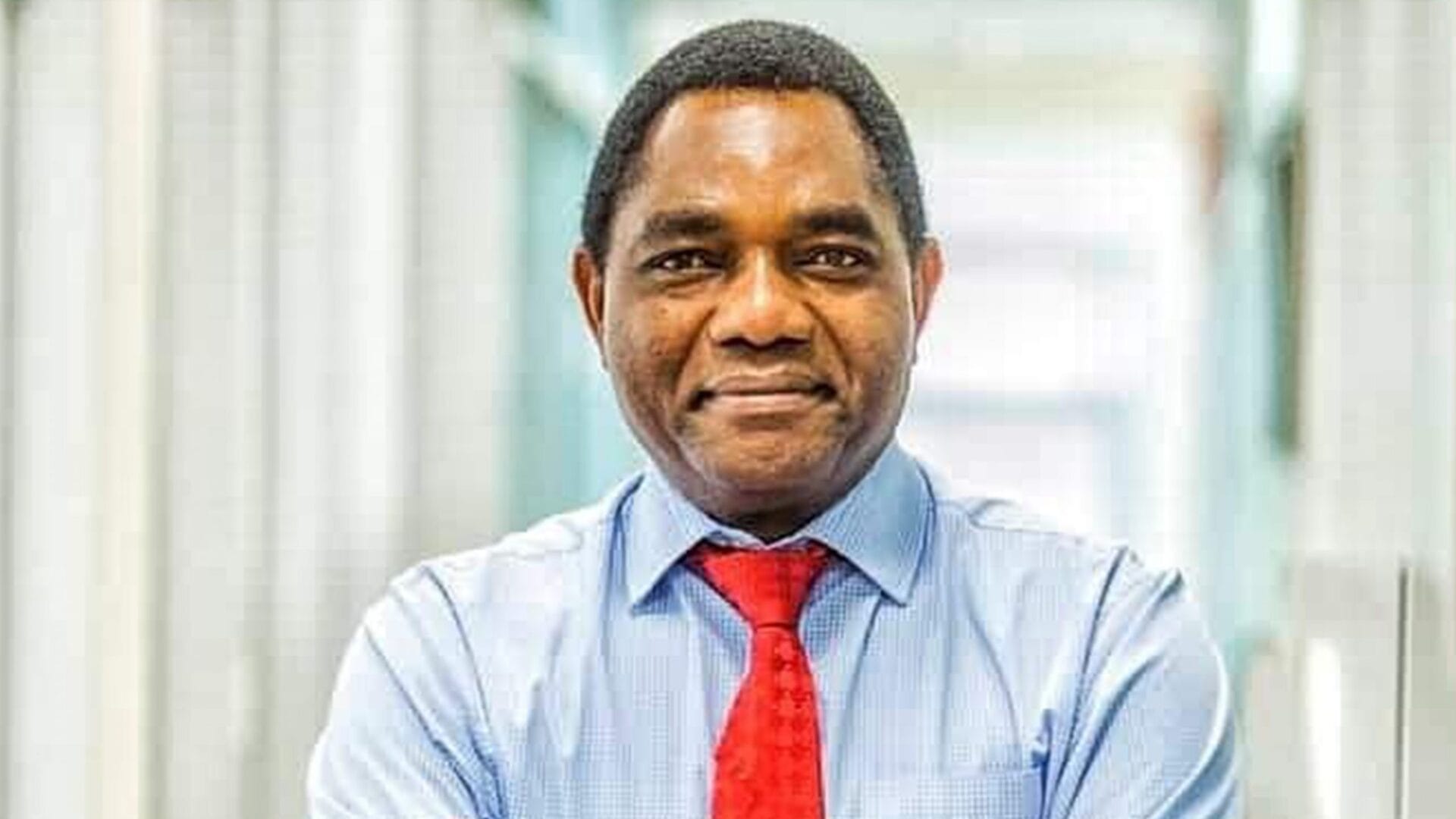In the copper-rich cradle of Southern Africa, a quiet transformation is stirring under the leadership of President Hakainde Hichilema. Known to millions simply as “HH,” Hichilema has emerged as a symbol of democratic resilience and reform in Zambia, a country that has weathered political turbulence, economic hardship, and civil unrest in recent decades. His rise from rural herder to head of state is not only a remarkable personal journey but also a powerful narrative of what modern African leadership can be: transparent, accountable, visionary.
Born on June 4, 1962, in the southern district of Monze, Hichilema’s early life was marked by modest means and immense drive. He earned a scholarship to the University of Zambia, graduating with a degree in Economics and Business Administration before furthering his studies with an MBA in Finance and Business Strategy at the University of Birmingham in the UK. His professional career took off in the corporate world, where he served as CEO of Coopers and Lybrand and later Grant Thornton Zambia. Alongside this, he built one of the country’s most successful cattle ranching businesses, cementing his status as one of Zambia’s most prominent businessmen long before he entered the political arena.
It was in politics, however, that Hichilema would find his true calling. After the death of Anderson Mazoka, he took over the leadership of the United Party for National Development (UPND) in 2006. The road that followed was anything but easy. Over five elections, he endured narrow losses, political arrests, and targeted campaigns of intimidation, including a widely publicized treason charge in 2017. Yet through it all, HH maintained a disciplined commitment to nonviolence and the democratic process. His resilience paid off in August 2021, when he defeated incumbent President Edgar Lungu with over 59% of the vote, a landslide victory driven by public desire for change, transparency, and economic revival.
Once in office, Hichilema wasted no time in proving he meant business not just in rhetoric, but in real, sweeping reforms. One of his first acts was to restore investor confidence in the nation by addressing Zambia’s debt crisis. He took the bold step of engaging in debt restructuring negotiations, including with private bondholders and multilateral partners, over a $13 billion external debt. His efforts have since led to international praise, including recognition by the IMF and World Bank for his pragmatic approach to restoring fiscal discipline and transparency.
On the domestic front, Hichilema’s government introduced free education from primary through secondary school—a seismic shift in a country where access to quality education had long been hindered by cost. His administration also significantly increased the recruitment of teachers and healthcare workers, expanding public sector employment and improving access to essential services in rural communities. Under his leadership, the 2023 national budget prioritized economic diversification, with increased allocations to agriculture, tourism, and mining reform.
Human rights and governance have also seen remarkable progress. In a bold departure from past administrations, Hichilema repealed the colonial-era defamation of the president law and abolished the death penalty, moves hailed by global human rights organizations. He signed the long-awaited Access to Information (ATI) bill into law, empowering journalists and civil society to hold the government accountable. These legal reforms have repositioned Zambia as a beacon of democratic progress in Africa, even as similar freedoms regress elsewhere on the continent.
His diplomatic finesse has been equally noteworthy. Hichilema has strengthened Zambia’s regional and global ties, taking a lead role in advocating for debt reform and fair financial systems at forums such as the UN General Assembly and the Summit for a New Global Financing Pact. He has also positioned Zambia as a key player in clean energy and green minerals development, with the country’s vast copper and cobalt reserves seen as vital to the global transition to clean technologies.
Yet his tenure has not been without challenges. His government has had to navigate economic inflation, rising expectations from youth populations, and complex local governance issues. There have been political tensions and controversial arrests, including recent allegations involving traditional witchcraft against individuals accused of plotting harm against the president, an episode that underscored the unique cultural dynamics still at play in Zambia’s political landscape. However, Hichilema has largely maintained a tone of dialogue and restraint, reiterating his administration’s commitment to upholding constitutional freedoms and due process.
Looking ahead to Zambia’s general elections in 2026, President Hichilema remains steadfast in his mission. His administration continues to focus on macroeconomic stabilization, infrastructure development, anti-corruption efforts, and digital transformation, including the establishment of e-government services to improve efficiency and reduce bureaucracy.
Hakainde Hichilema’s presidency is still unfolding, but his impact is already undeniable. He has turned personal perseverance into national purpose, and corporate discipline into public accountability. More than just a political figure, he has become a case study in reformist leadership, proof that, even in the most challenging environments, democracy can deliver, and that Africa’s future can be forged with transparency, inclusion, and vision.
Zambia, under HH, is not just recovering, it’s rewriting its story.

